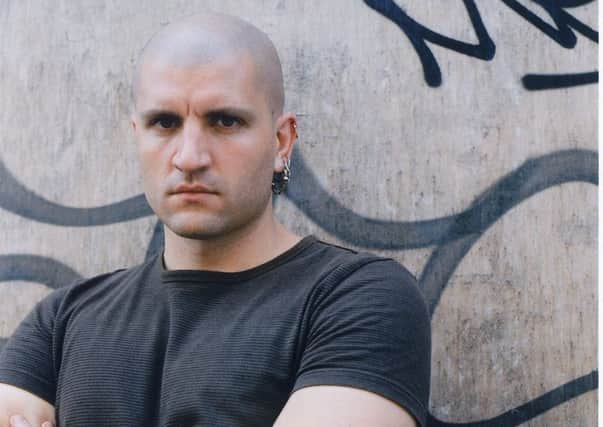In Seine dreams


The Last Days of New Paris is fantasy, but fantasy adulterated with fact. “New Paris” does not exist, except in the author’s imagination which itself draws its inspiration from Surrealism and what was claimed as the “Surrealist Revolution”. That, of course, was a revolution that never really took off, except in the art world. The Surrealist painters were mostly interesting, original, unusual, some of their work disturbing, some of it silly, much of it no more – whatever their intentions – than agreeably decorative and amusing. Miéville’s novel is much the same. He has researched Surrealism and its links with the Occult assiduously. His imagination is lively, his prose clear, sometimes elegant.
The novel flits between Marseille in 1941, and “New Paris” in 1950. The Marseille section is rooted in historical reality, though not deeply. An American engineer and disciple of the self-styled diabolist Aleister Crowley meets an anti-Nazi group of Surrealists, among them André Breton. The outcome of this encounter is fantastically explosive, leading us to New Paris in 1950.
Advertisement
Hide AdAdvertisement
Hide AdHere the war between the Nazis and the French Resistance continues, in a city half-destroyed by something called the S-Bla. It has also released creatures – “manifs” – and other monsters from the wildest flights of the Surrealist imagination. They stalk the half-ruined city, threateningly and destructively. A young Resistance fighter, Thibaut, from whom (it appears) the author years later acquired his knowledge of this hallucinogenic time, this unending struggle between the Nazis and the Resistance, becomes what passes for the hero of the novel. He carries on the struggle along with an American girl, Sam, a photographer making a record of the ruined city. They are joined by a strange figure known as “the Exquisite Corpse”. Make of that what you will.
Meanwhile the “Forces of Hell” are unleashed, though it is never clear just what these are. It may be that the author has in mind George Steiner’s idea that when the European mind rejected the idea of the Hell in an afterlife that for centuries had been imagined by poets and painters,the Nazis created Hell here on earth, in the present life. There’s no need of fantasy to deal with that realisation of Hell in the death-camps.
Enthusiasts for fantasy are however likely to find the New Paris sections of the novel entrancing; they are inventive and some of the writing is admirably vivid. More prosaic readers may ask “what’s the point?”, and find no answer. For all his imagination and wit – there is evidence of both –Miéville in this novel doesn’t appear to overcome the objection which is reasonably levelled at fantasy: that when you can make anything happen, it is difficult to make what happens significant. When you then fail to establish significance, you are engaged only in an elaborate game. And that to my mind is the case here. The novel is clever but unsatisfying. Nothing in it really matters.
Miéville has added 23 pages of notes, giving the sources for his images, drawn from Surrealist art and literature. These are evidence for the work that has gone into the making of his book. They demonstrate his seriousness and intelligence, and are extremely interesting. Indeed they are more interesting than the 180 or so pages that precede them. One should add that they are also helpful, so much so that readers might be advised to read them first, in order to get a better understanding of what the novel, or novella, is about. But that of course is itself a sharp criticism of the book.